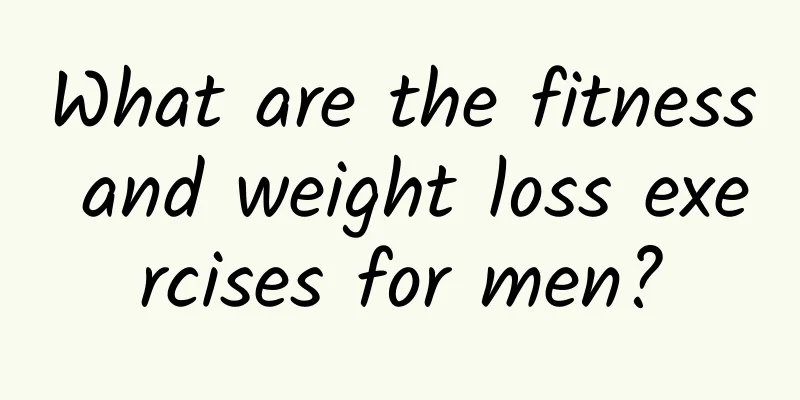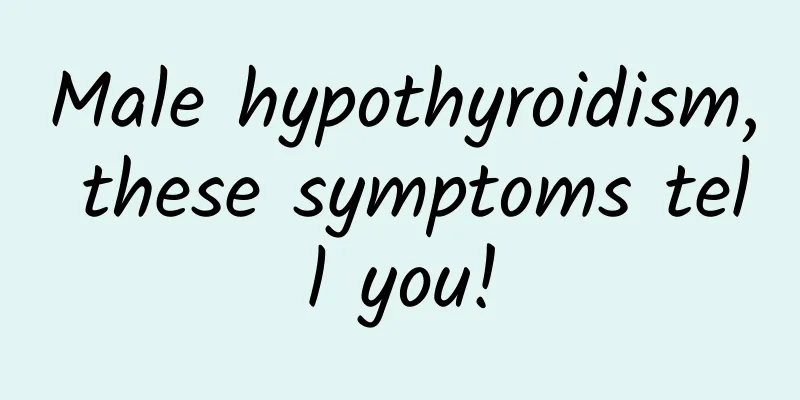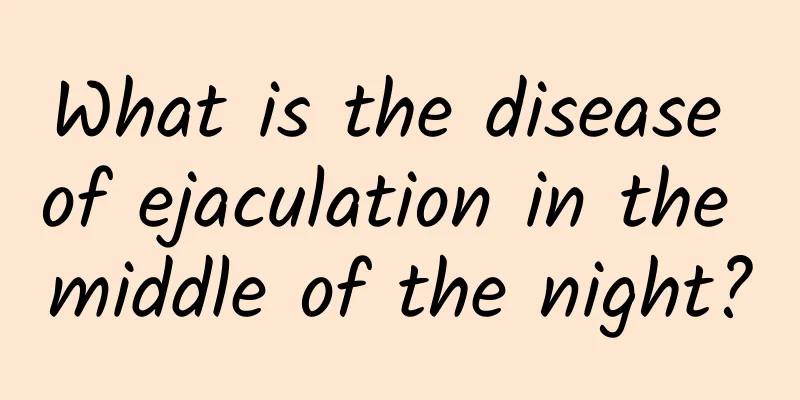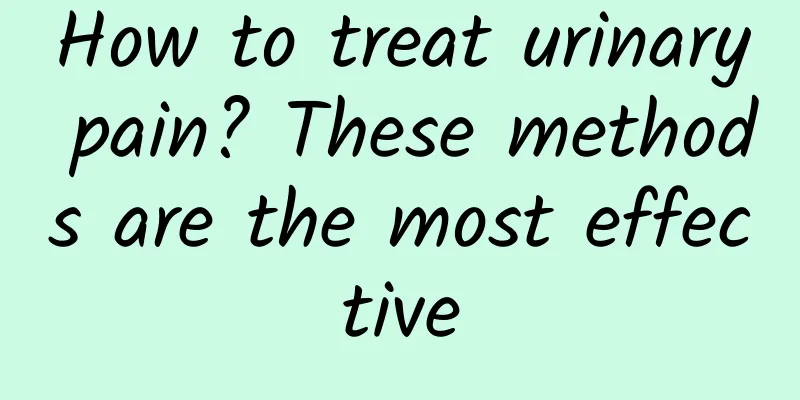What are the symptoms of male yin deficiency?

|
People's constitutions can be good or bad. According to the theory of traditional Chinese medicine, the body can be either Yin-deficient or Yang-deficient. Especially for men, having a Yin-deficient constitution is particularly bad for the body. It will not only affect men's normal work and study, but also have a particularly serious impact on their daily life, especially making them feel listless. So what are the manifestations of a male Yin-deficient constitution? Let's learn more about it through the following introduction. Yin deficiency constitution Most people with Yin deficiency constitution are thin and tall, not fat. They are also prone to "getting angry", impatient, irritable, and emotionally unstable." There are two manifestations of Yin deficiency constitution: The first symptom: the body's nutritional substance (yin fluid) is insufficient, and the nourishing function of the whole body is reduced, showing the characteristics of "dryness". For example: dizziness, weight loss, dry and wrinkled hair and skin, dull complexion, or more pigmentation spots, dry mouth, dry and sore throat, or long-term dry cough, dry eyes, rapid vision loss, back pain and weak legs, tinnitus, forgetfulness, oliguria, constipation, dry and red tongue with little or no coating, or recurrent oral ulcers, etc. The second manifestation: symptoms of deficiency heat and hyperactivity This is due to the excessive metabolism of Yin-deficiency constitution, increased oxygen consumption and heat production, and the body being in a state of continuous hyperactivity. For example: hot palms and soles after fatigue, low fever in the afternoon or evening, easy facial inflammation, flushed cheeks, irritability, mental fatigue but difficulty falling asleep, or sweating a lot during sleep, palpitations, weak pulse; men have hypersexuality, or frequent spermatorrhea, and women have increased menstrual flow, etc. Laboratory examinations show that typical Yin-deficiency constitutions have hyperfunction of the adrenal cortex, decreased immune function, low estrogen levels in middle-aged women, reduced bone density, and high blood viscosity. General characteristics: deficiency of yin fluid, with symptoms of deficiency heat such as dry mouth and throat, hot hands and soles, etc. as the main features. Physical characteristics: thin body. Common symptoms: hot palms and soles, dry mouth and throat, slightly dry nose, preference for cold drinks, dry stool, red tongue with little fluid, and weak pulse. Psychological characteristics: impatient, extroverted, active and lively. Disease tendency: prone to fatigue, loss of semen, insomnia, etc.; easily transformed into heat by pathogens. Ability to adapt to the external environment: Can tolerate winter but not summer; cannot tolerate heat, heat and dryness. Through the above introduction, we know the manifestations of male Yin deficiency constitution. After having Yin deficiency constitution, we must make timely adjustments. There are many ways to adjust in life. We can adjust through diet. If the situation is serious, we can also adjust through Chinese medicine. In particular, we should pay attention to daily rest and exercise. |
<<: What kind of ginseng should I eat to nourish the kidneys and strengthen yang?
>>: The dangers of multiple extracorporeal ejaculation
Recommend
Sperm flows out like water
The male sperm and the female egg combine to form...
What anti-inflammatory drugs to take after circumcision
Many men are troubled by the problem of excessive...
Bumps at the base of the penis
The pimples at the base of the penis have a great...
After a man gets married, his wife will never let him touch this thing
Different groups pay attention to different parts...
Are there any side effects of circumcision?
Many men are troubled and worried about whether t...
Testicular ptosis may be related to orchitis
In men, the probability of testicular sagging is ...
What causes blisters under the penis?
Blisters under the penis should be one of the mal...
Why do men sweat at night?
Nowadays, many people have the phenomenon of swea...
What are the causes of prostate hyperplasia?
Nowadays, more and more men are suffering from pr...
How to cook pork liver: it is more nutritious
Cooked food is very popular in our lives, and por...
What are the causes of male sexual dysfunction?
Today's lifestyles are becoming more and more...
Causes of prostate cancer
Prostate cancer is the most common disease among ...
How to treat left lower abdominal pain caused by prostatitis?
There are many men suffering from prostatitis in ...
How to train chest muscles for men
I believe everyone knows the importance of chest ...
Why does the inside of the ear hurt? It is often caused by this disease!
Ear pain is a common symptom in clinical practice...









